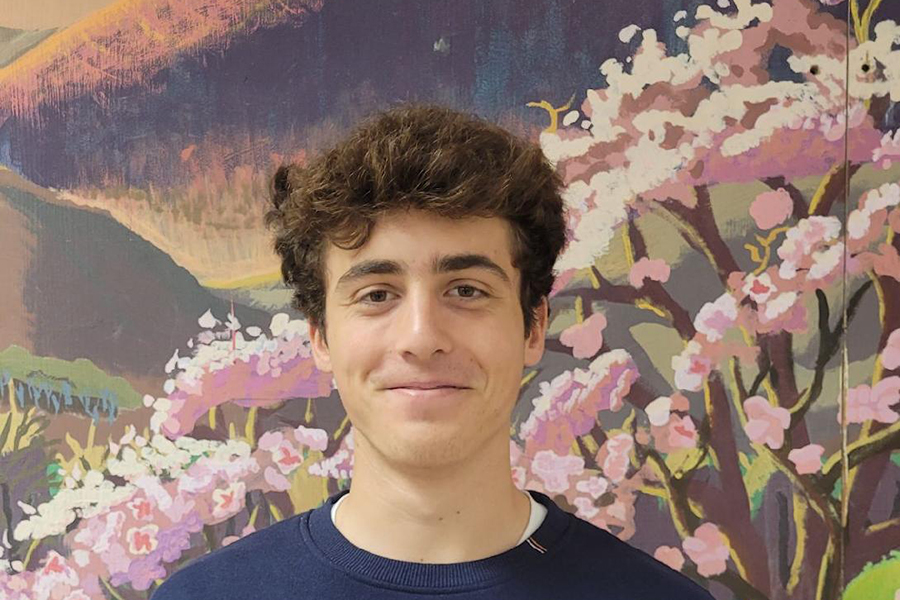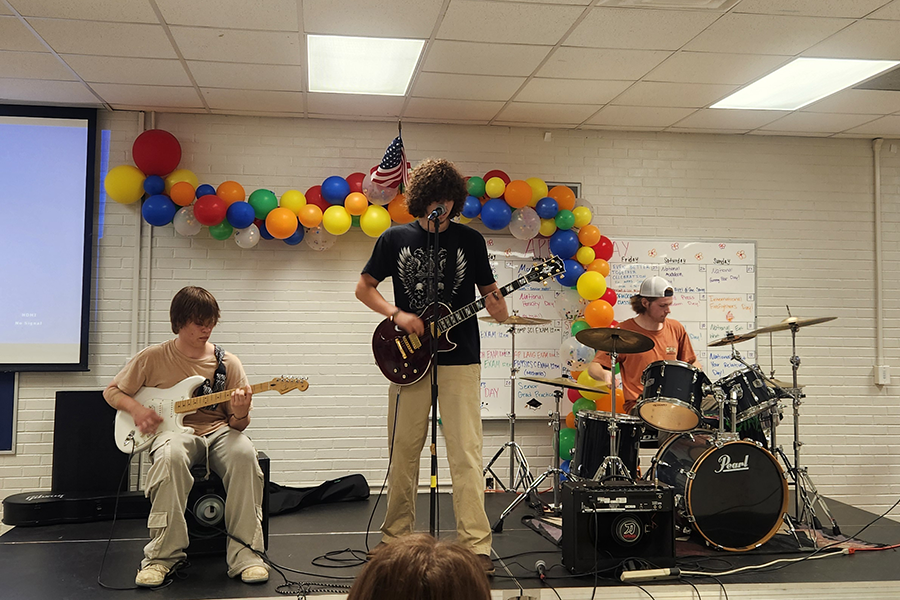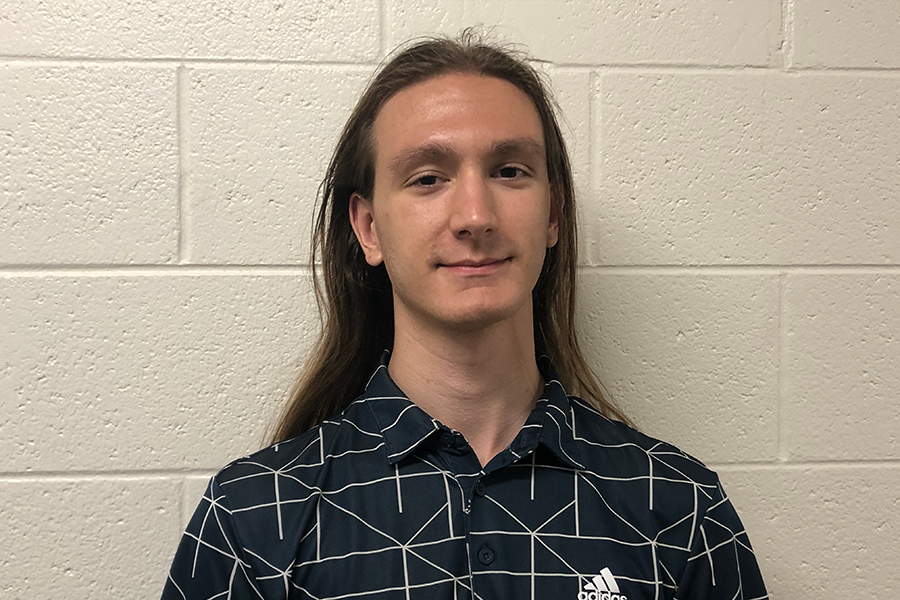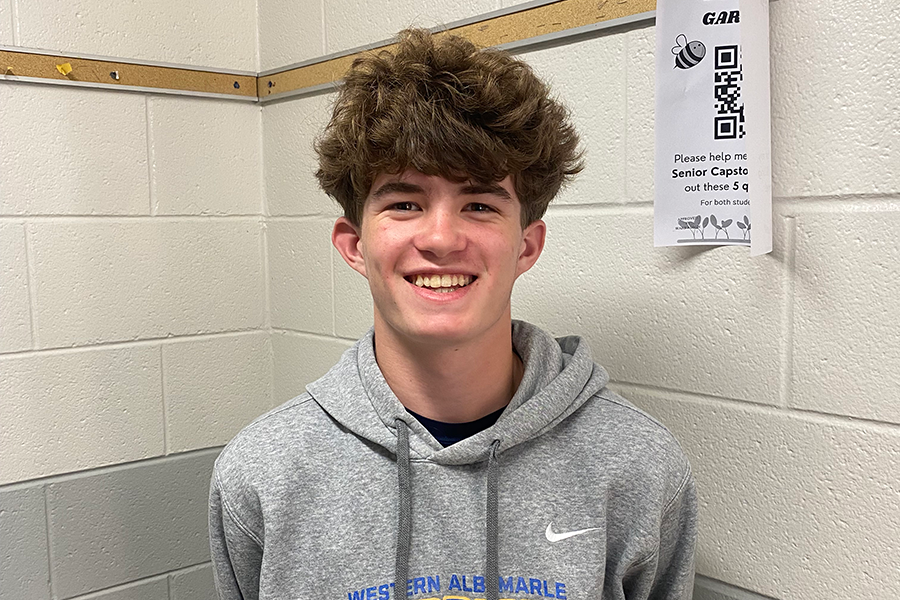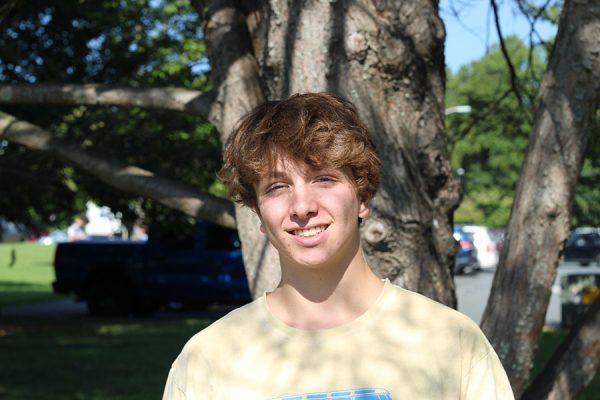Eduardo Molina is an exchange student here at Western for the entire 2023-24 school year. For his junior year, Molina has come from Seville, a city in southern Spain, to study at WAHS. This unique experience was one he was motivated to take by both his father and sister. “It is a family tradition,” he said. They both did exchanges in high school, in Colorado and Wisconsin respectively.
Although Molina has enjoyed being in Crozet, he says there are many contrasts from the environment and culture he grew up in. Crozet is a rural and quiet town, while Seville is a bustling, exciting city that is home to 700,000 people. Seville’s rich set of important traditional and religious holidays and events also set it apart from Crozet. For example, Molina has experienced the running of the bulls. One of the other differences is the older, historic buildings in Seville, rather than the more contemporary architecture in the US, but he says “Seville is an exciting place with many activities to do.”
Although Crozet is much quieter than Seville, Molina likes the fact that there are set social events, like football games, that are more laid back. He also commented that “being able to drive at 16 is something I’m not used to, but I think it’s more useful here. Since there’s no public transportation, it’s not easy to get to places… where I live in Spain, it’s not necessary to have a car at 16,” because there is more public transportation.
There are also many dissimilarities between schools here and in Spain, with a major part being that sports aren’t generally associated with the school. Instead, people play and compete in private clubs. Molina has played basketball and soccer and is now on the cross-country team here. His previous athletic experience is paying off, as he has an 18:20 5k time. Because of a lack of athletic areas in Seville’s schools, it is harder to find places to practice. Molina would generally have to reserve or pay for a court to play basketball with his friends, as opposed to Crozet, where basketball hoops are everywhere.
Another difference is the set-up of the school day, with Spanish schools having six one-hour class blocks, with a morning break after the first two classes and a lunch break before the last two classes. With more variation in content and regular breaks, Molina says it is much easier to stay focused there than in our eighty-minute class blocks, especially at the end of the day with almost 3 hours of sustained class time. There is less technology used in Spanish schools and more focus on textbooks, with any online assignments being done on iPads. Another change is that in Spain Molina is in the same class of people for all twelve years of his schooling, encouraging stronger learning relationships. He is most interested in learning about biology and natural sciences. Molina wants to go to college here because of the American campus feel. In Spain, most universities only have buildings for classes and no real student area.
Molina has enjoyed American fast food restaurants, such as Chick-fil-A and Buffalo Wild Wings, because of how much tasty food they serve so quickly. However, he made a point that “there is a lot more emphasis on meals being with family in Spain.” Although the food is accessible here and tastes good, the instant gratification takes the importance away from it.
Overall, Molina is enjoying his time here in Crozet. He said, “I have found a really good family, and all the cultural differences between Spain and here are more surprising every day. I’m learning a lot from this experience. I’ll remember it for the rest of my life.”



